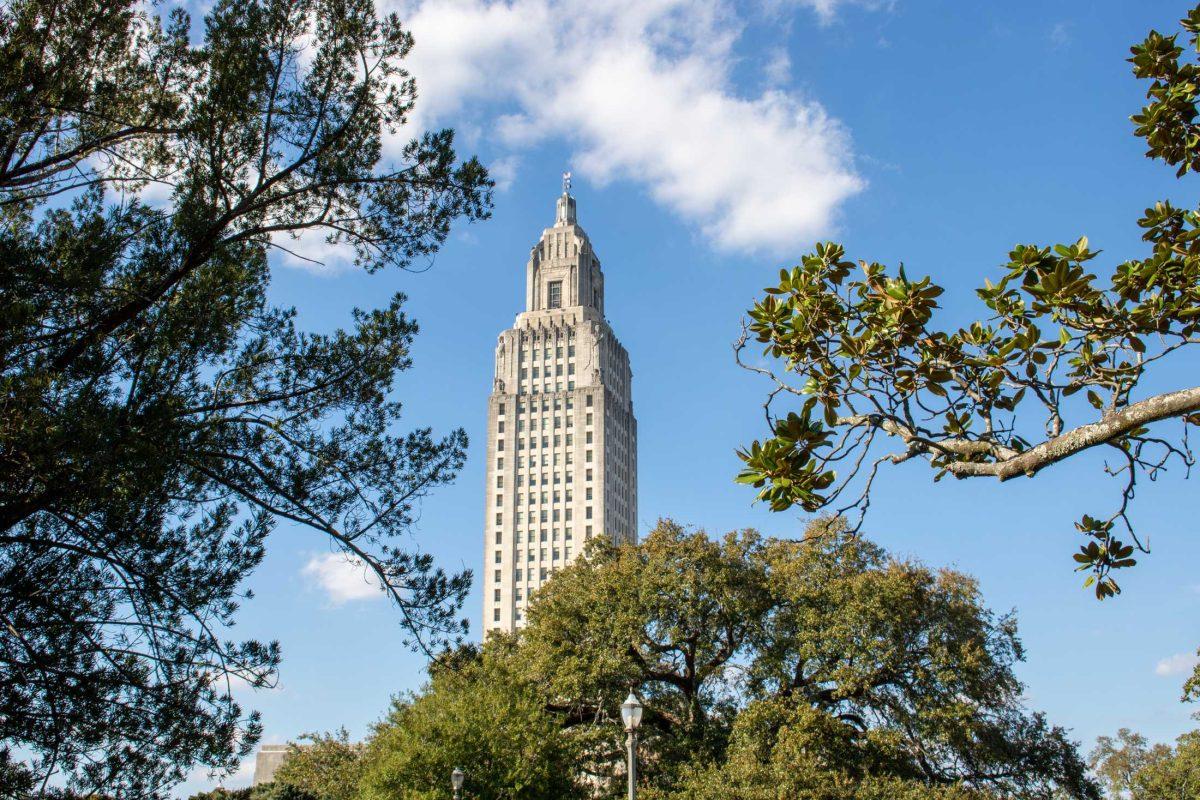The state of Alabama executed a convicted murderer in January with a method that’s never been used before, and Governor Jeff Landry plans to implement this method in Louisiana.
Alabama executed Kenneth Eugene Smith, 58, with nitrogen hypoxia on Jan. 25. This was the first time this method was used for an execution, and Alabama is only one of three states that have approved this method, alongside Mississippi and Oklahoma. Smith applied for a stay of execution and appealed his case to the Supreme Court, but both motions were denied.
Smith was convicted for murder and sentenced to death by a jury in 1989. Despite this conviction being overturned on appeal in 1992, Smith was convicted again four years later. The jury voted 11-1 for a life sentence, but the judge overrode the recommendation and sentenced Smith to death.
In 2017, Alabama passed a bill requiring a unanimous jury vote to impose a death sentence. This bill also restricts judges from overriding juries to impose a death sentence. However, this bill contained a provision prohibiting the retroactive application of this bill to individuals convicted prior to its passing, so Smith remained eligible for execution.
Officers strapped a mask on Smith that supplied him with nitrogen, causing oxygen deprivation. The Alabama Attorney General’s Office said the gas would cause unconsciousness within seconds and death within minutes. Witnesses to the execution said Smith convulsed for at least two minutes, AP News reports. In total, the execution took 22 minutes.
The state tried to execute Smith via lethal injection in 2022 but couldn’t find a vein to insert the IV-line in. This was Alabama’s third failed execution in a row in five months.
Some states are looking for new methods of execution because of a national shortage of the drugs used in lethal injection executions, The Marshall Project reports. This shortage has led to a significant decrease in the number of executions since 2010, the year the shortage began. Louisiana is one of 17 states that hasn’t carried out an execution since then.
In a letter to former Gov. John Bel Edwards, Landry proposed changes to state policy to expand the types of drugs used in lethal injection executions so the state could begin executions again.
Landry, who was attorney general at the time, also suggested an expansion of the methods of execution available in this letter. In draft legislation included with the letter, Landry stated alternatives should lethal injection and nitrogen hypoxia be unavailable or unconstitutional: “Then the method shall be by hanging, firing squad, or electrocution…”
On Feb. 8, Landry called for a special session on crime. The session began on Feb. 19 and is supposed to end on March 6. In a proclamation from the governor’s office, Landry listed 24 items he hopes to address in this session, including specifying the method of execution the state will use, restricting parole eligibility and lowering the age to be tried as an adult.
Professor Anna Gunderson, of LSU’s Department of Political Science, studies American politics and mass incarceration. She explains that if stricter punishment lowers crime rates, these rates should decrease as the incarceration rate increases. But, she says, this pattern doesn’t always occur.
“Over the last 40 years or so, the incarceration rate has exploded,” Gunderson said. “The crime rate has stayed relatively consistent, so we don’t see much evidence of this sort of deterrent effect. There’s a lot of scholarly debate about that, but at the very least it doesn’t seem like it’s a clear relationship between incarceration rate and crime.”
Louisiana has the highest incarceration rate of any state. During his term, Edwards passed legislation to reform the state’s criminal justice system. Robert Mann, the chair in journalism at the Manship School of Mass Communication and a member of the Louisiana Political Hall of Fame, explains how Landry has used these reforms to garner support for stricter policy.
“I think the juxtaposition of the two – in 2017 we pass the bill, it is taking effect in 2018 to 2019, and suddenly we have a pandemic, and the crime rate shoots up – and it’s correlation, but not causation maybe,” Mann said. “Landry, I think, did a pretty good job persuading a lot of people that John Bel Edwards and these criminal justice reforms are the problem.”
The state is waiting to see what happens in Landry’s special session on crime. As of Wednesday afternoon, a state house committee has advanced legislation authored by state representative Nicholas Muscarello that expands capital punishment to include nitrogen gas and electrocution. Given current Republican supermajorities in both houses of the legislature, the legislation is expected to become law. There are currently 57 prisoners on Louisiana’s death row.
“…The move to these more untraditional or unorthodox methods of execution is really unusual. Since the United States has affirmed the use of the death penalty in the 70s, we have had consistent use of execution methods over that time, and this new move with [nitrogen hypoxia] and firing squad in the modern era is unprecedented,” Gunderson said.







